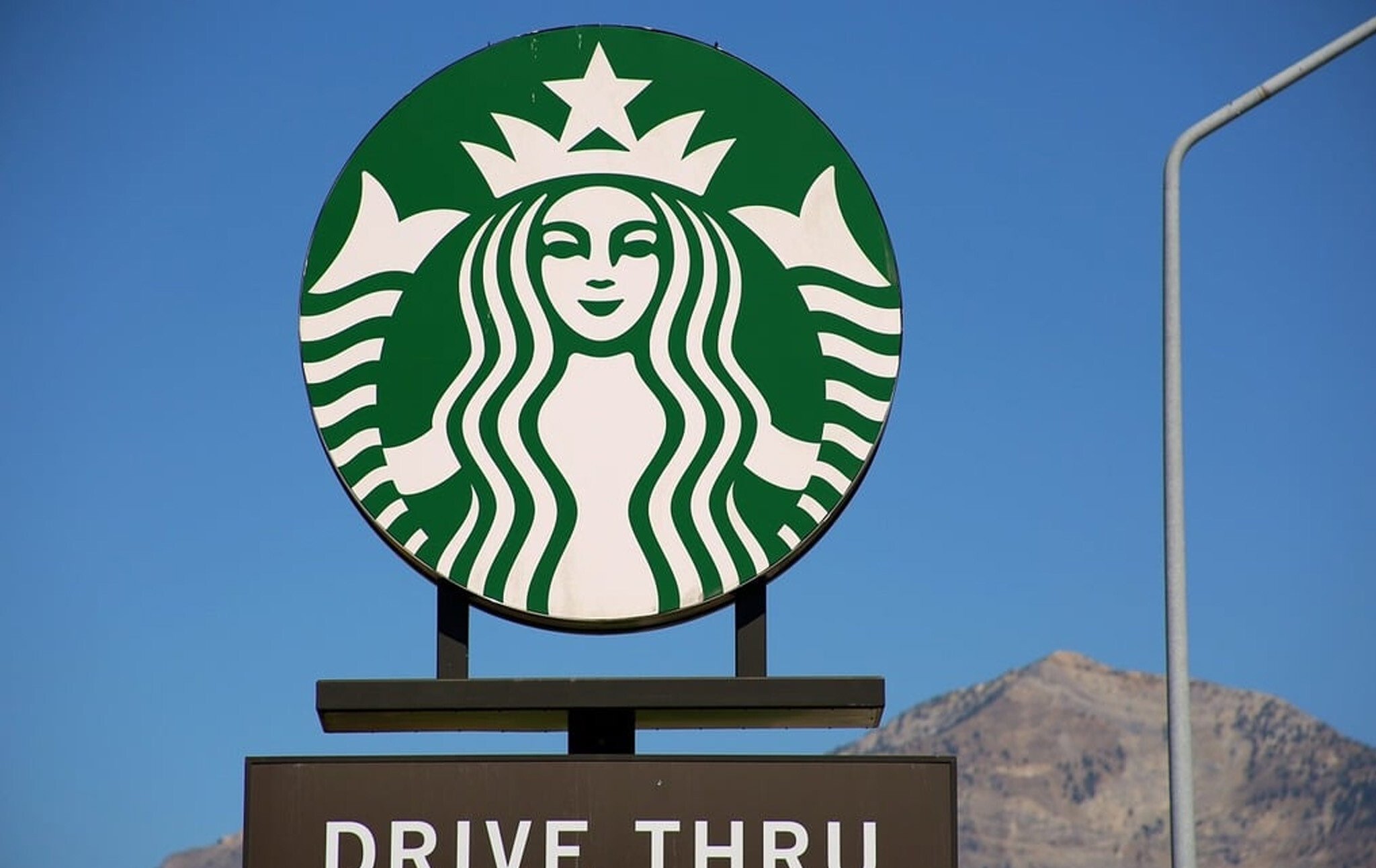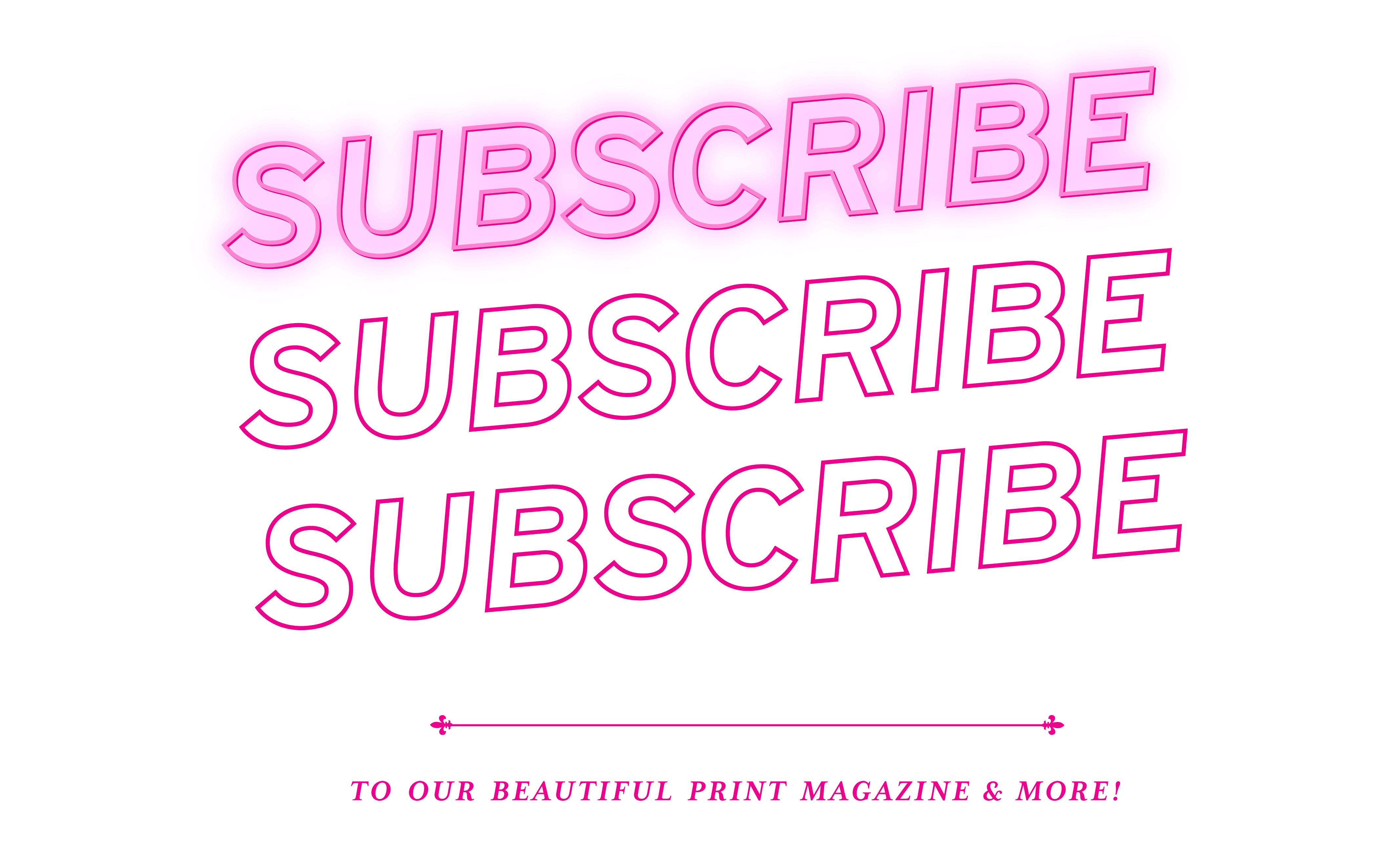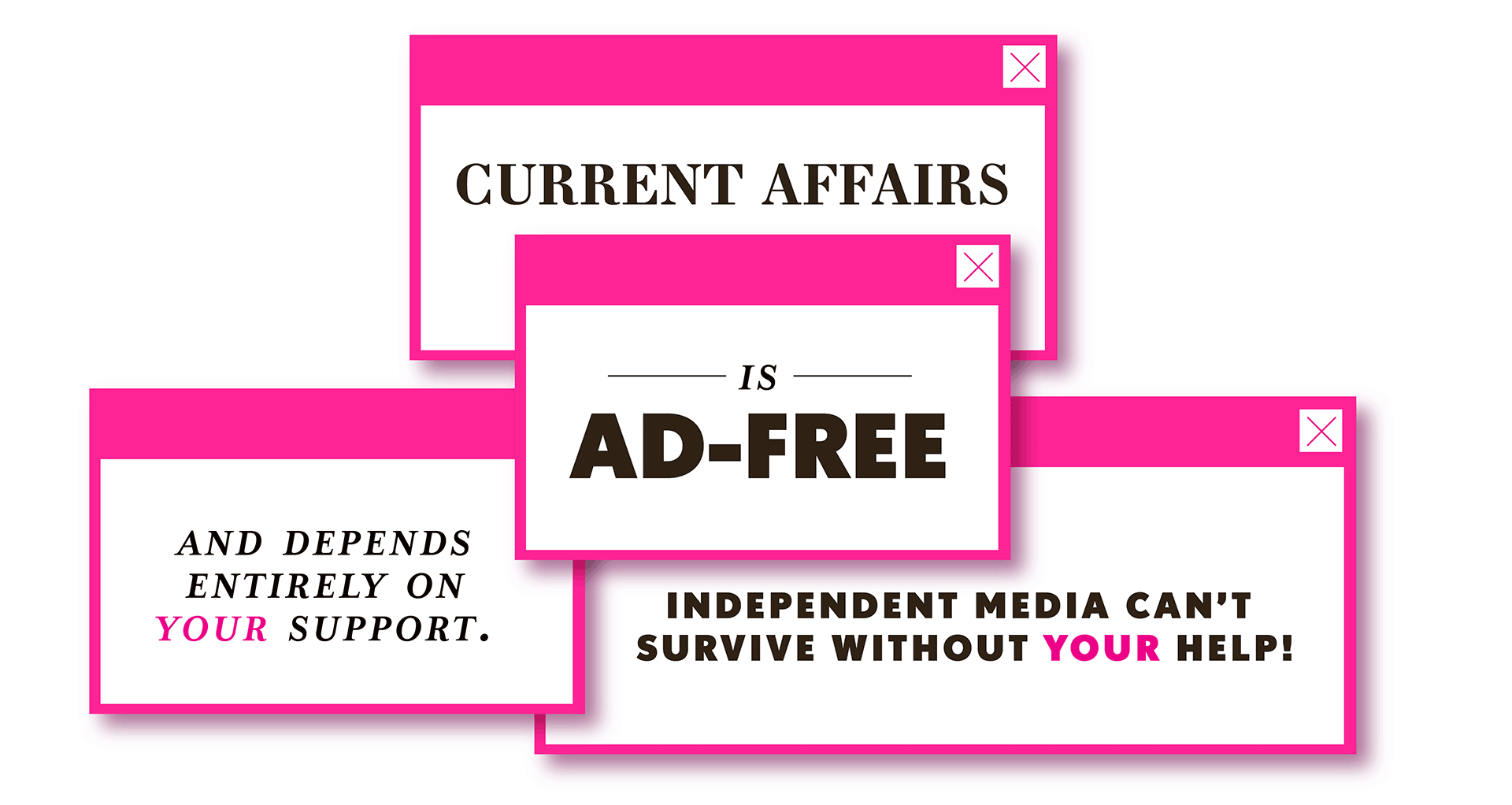
Starbucks Is Everything Wrong With American Capitalism
Bad labor practices, bad coffee, bad food, bad vibes. The faceless corporate behemoth shows exactly how coffee shops shouldn’t operate. We deserve better.
In his new book We Are the Union: How Worker-to-Worker Organizing Is Revitalizing Labor and Winning Big, Eric Blanc tells the story of Salwa Mogaddedi, a Starbucks barista who at age 26 worked to unionize her store while battling stage four Hodgkin’s lymphoma. The story is ultimately an uplifting one, because workers fought a giant corporation and won, and Blanc shows how this kind of independent, bottom-up organizing work has the potential to revive the moribund American labor movement. But it’s also enraging, because Mogadeddi and other Starbucks baristas should not have had to fight so hard for the right to collectively bargain, and they should have been given fair working conditions and a living wage to begin with.
There are a lot of reasons to dislike Starbucks. Most importantly, their labor practices are indefensible. Starbucks has had to be dragged kicking and screaming to the bargaining table to negotiate contracts with its workers, and the National Labor Relations Board has repeatedly found that Starbucks has violated the rights of its workers. In 2023, an NLRB judge found that in Buffalo, the company had engaged in "egregious and widespread misconduct," punishing workers for exercising their legally protected right to organize. It engaged in what Bernie Sanders convincingly called “the most aggressive and illegal union-busting campaign in the modern history of our country.” In fact, the company is estimated to have spent some $240 million on union busting. It’s even more appalling given that the new CEO, since starting in September, has been paid approximately $96 million and commutes to work from Southern California to Seattle on a company jet. He’s being paid 10,000 times what the average worker is making: around $30,000 a year for a barista. Workers pushing for unions have reported complaints ranging “from excessive heat during brutal Texas summers to ‘unsanitary’ working conditions, along with broader concerns about health care coverage, pay, and benefits.”
Starbucks has long made a big public show of being an ethical company. The reality is uglier. The National Consumers League argues that while Starbucks has launched “a yearslong campaign to brand itself as a leader in ethical coffee and tea sourcing,” the company in fact has engaged in “rampant sourcing from coffee and tea farms and cooperatives with a documented history of child labor, forced labor, sexual harassment and assault and other human rights abuses.” (The NCL has sued Starbucks over the claims, which Starbucks denies.) The company also tries to convince its customers that it is pro-recycling, but an investigation by CBS News found that cups put in Starbucks’ recycling bins were overwhelmingly sent to landfills or incinerated. Starbucks is a leading practitioner of “greenwashing,” in its case with the literal green of its logo and branding.
And we haven’t even gotten to the coffee! Or the food. Starbucks coffee is infamously disappointing. Food Republic has an explainer on why Starbucks coffee tastes burnt. Robert McKeon Aloe comes to the rather cynical verdict that “the only way to push espresso drinks with fancy syrups and names is to make sure as a stand alone, the coffee tastes like someone scraped the burnt bits of toast into your mouth.” Lake City Coffee, a small coffee roaster that competes with Starbucks and is understandably salty (and of course rather biased), concludes that “Starbucks is run by a bunch of Harvard Business School MBA weenies that possess complete contempt for its own customers.” Even the right-wing National Review, normally a reliable defender of big business, admits that Starbucks offers a crappy product because it wants to maximize volume not quality:
Starbucks is a global empire that has to cut many corners to serve its millions of customers, and most of those customers are not coffee purists. They’re people who want a cup of Joe that will serve as a caffeine vehicle, or they’re people who want a crème brûlée in liquid form with the frou-frou embellishments. The $6 cups of [sugar*] and all of the other gut-souring chemical concoctions to have come out of big agriculture and that linger in the saccharine syrups deserve our derision, mostly for being so grotesquely overpriced (this is where Starbucks makes its money). [...] When you drink Starbucks drip coffee, and it has a carbon-y flavor comparable to the taste of a charcoal grill or burnt tire, it’s because the coffee beans are of a poor quality and are so dark roast to mask the flavor. […] An even more severe affront to God is Starbucks espresso, which is particularly offensive because what is a sacred ritual for Mediterranean cultures has been reduced to a tar-flavored nectar served in a paper cup.
The food there is also pretty insipid, which makes sense when you realize it’s all mass produced and arrives frozen. Has a defrosted croissant ever tasted good? Some Starbucks customers are also apparently under the illusion that the pastries there are freshly prepared from scratch—like in an actual bakery—and one barista on Reddit comments: “I once had to lie to a woman because she just couldn't grasp that we didn't make them. After back and forth about it I finally just told her, ‘I’ll tell the guy in the back to make a new one.’ Just so she'd get out of my long cafe line.” Part of the problem with the food may be similar to the coffee: customers are simply willing to tolerate a premade, defrosted baked good in the same way they tolerate burnt coffee laced with sugar, and so Starbucks can get away with serving mediocre food.
Given the heinous violations of basic labor rights, it may seem comparatively trivial to complain about the coffee and the food. But it’s actually all part of the same problem: Starbucks is a megacorporation, and it exists to make profits for shareholders, not to make the best coffee or treat people well. It will make good coffee to the extent that this goal coincides with making profits for shareholders, but if it’s more profitable to make bad coffee than good coffee, profit will always come first. I’ve noted before that we on the contemporary left have a tendency to criticize the conditions under which goods are produced but are less inclined to criticize the goods themselves. But the corporate structure that makes bad conditions (overworking and underpaying baristas) also makes bad customer experiences. When I was young, I went to a Starbucks that was open all night and had big squishy chairs that you could lounge in for hours. They got rid of all that, though, replacing it with deliberately uncomfortable furniture to keep people moving along, changing the model of the store from a community space to hang out in to a factory designed to get as many drinks into as many hands as possible in the shortest period of time.
This has backfired somewhat, because Starbucks is struggling and has been losing customers, who complain about the assembly-line feel of the place. The new, handsomely remunerated CEO, Brian Niccol, has admitted that for customers the experience “can feel transactional, menus can feel overwhelming, product is inconsistent, the wait too long or the handoff too hectic.” He’s promised to change it. So far he isn’t succeeding, although he’s still being paid a vast fortune, which shows you another reason why giant corporations can give us garbage: there is just no real incentive to do well, because CEOs make oodles of money even when they fuck everything up.
There is reason to believe that Niccol will fail at his task of turning Starbucks around. The company is supposed to be taking customer desires more seriously, but they’ve reintroduced the buy something or leave policy that turns every barista into a bathroom cop and results in racial profiling. Not a great start in the effort to become more inviting. Niccol has promised to double the number of Starbucks stores in the U.S., which is bananas, because this country already has over 17,000 of them. (There are only about 14,300 McDonald’s locations in the country, meaning that Niccol somehow thinks there can be more than twice as many Starbucks as McDonald’s while improving the quality of the product.) It’s also concerning that in his letter to customers, he talks about the importance of telling the company’s story better, which reminds me of the Biden campaign’s insistence that its problem was a failure of messaging rather than, well, the product on offer. He also does not offer any commitment to recognizing labor organizing rights.
Starbucks is bad because it’s everything a coffee shop shouldn’t be. A coffee shop should be a community institution, but Starbucks is by definition not adapted to the local community. A coffee shop should be run by its baristas, because they know how to make good coffee, but Starbucks is a top-down hierarchy in which baristas have only as much say as the $100 million CEO is willing to give them. A coffee shop should be authentic, but Starbucks is inherently fake, offering faux-fresh pastries, faux-ethical coffee, and faux-Italian trappings. The problems with Starbucks stem from the structure of the megacorporation.
I am not saying Starbucks cannot get better. In fact, in the U.K., Starbucks is better, and I’ve been rather shocked when visiting at the difference in quality. But I think there’s a reason that local coffee shops are consistently better than Starbucks, even though they have far fewer resources and struggle to compete with a chain that can easily undercut them. Nobody starts a local coffee shop because they think they’re going to make a lot of money. (Or if they do, they’re delusional.) They start them because they love coffee, or want to create a special place. That’s why these joints have character. Starbucks is only experimenting with getting better right now because it had gotten so bad that the share price was being affected, and the CEO is now scrambling to please the shareholders. Starbucks is only now willing to negotiate with its workers because organizers like Mogaddedi waged a tireless fight to have it recognize their basic rights. We may be stuck with Starbucks since giant corporations are essentially unkillable unless they get swallowed by a rival. But this institution shows us exactly how a network of coffee shops should not run. Coffee, like everything else, should be made for people, not for profit.
*Note: The National Review article originally said “high-fructose corn syrup” but Starbucks stopped using this in 2016. Many drinks do, however, contain alarmingly high quantities of sugar.






